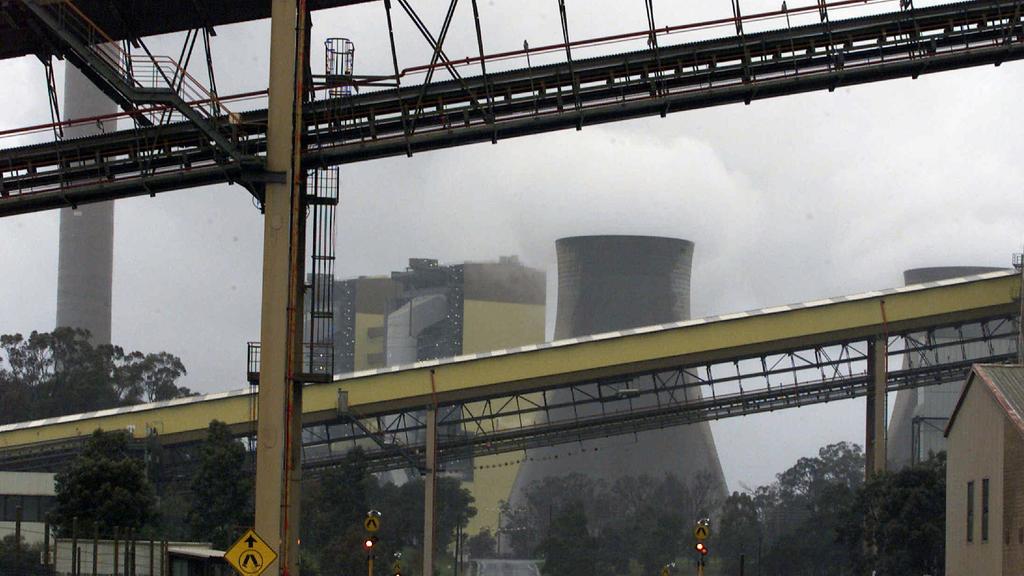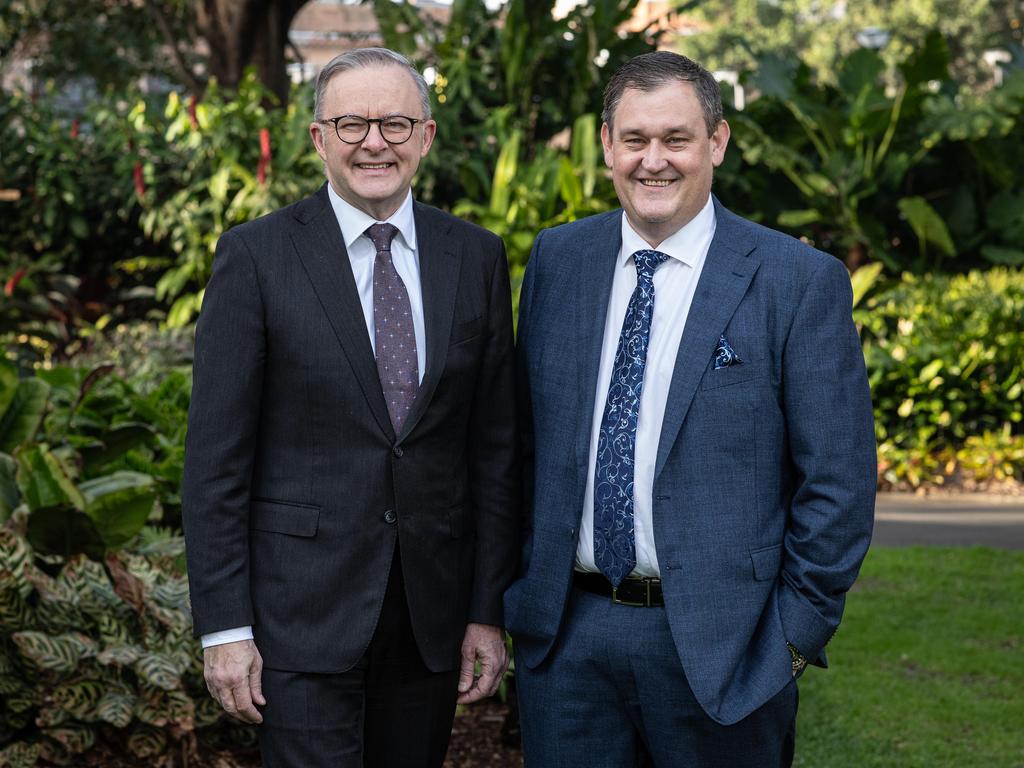
Article by Perry Williams, courtesy of Business News

Alinta Energy chief executive Jeff Dimery said politicians’ management of the cost-of-living “crisis” will largely determine a looming federal election as the electricity giant warned the eventual closure of coal plants will trigger a hike in power prices.
Ahead of the Reserve Bank’s Tuesday decision on interest rate cuts, Australia’s fourth largest electricity retailer has weighed into concerns over the economy and predicted a household cash crunch will influence voters at the polling booth.
The election “will be determined in large part by who the electorate feels can best manage through and out of a cost-of-living crisis”, Mr Dimery said in a LinkedIn post.
The Alinta boss delivered a series of “truths and straight talking” comments in April 2024, declaring Australians face higher bills as the country struggles to build adequate replacements for coal with soaring costs for new sources of green power and transmission.
The speech inflamed tensions with the Labor government, which came to power promising to cut electricity prices by $275 a year.
The owner of the Loy Yang B coal power station in Victoria, which supplies 20 per cent of the state’s energy needs, repeated the warning on Monday as fears grow over a botched transition to renewables from coal.
”What else can be done to meliorate the situation and bring down pressure on household utility bills,” Mr Dimery said.
While Alinta’s Loy Yang B station may remain open until 2047, both the neighbouring Loy Yang A plant and EnergyAustralia’s Yallourn facility will close in the next decade.
“These issues must be identified and resolved before the closure of low marginal cost brown coal assets such as Yallourn and Loy Yang A. One thing is certain, these announced closures will invariably put upward pressure on the $45 per megawatt hour average wholesale pool pricing outcome we ‘enjoy’ today.”

The cost of generating electricity across Australia’s grid over the final three months of 2024 soared more than 80 per cent as record high demand amid soaring temperatures coincided with all-time low availability of coal power.
Mr Dimery used his social media post to question why electricity bills have doubled in the last decade while the average wholesale pool price for power in Victoria remained steady at $41/MWh.
Wholesale prices typically make up around a third of household electricity bills with network costs for transmission accounting for nearly half. Retail costs and green schemes make up the rest.
Mr Dimery questioned whether the doubling of household bills may be tied to hikes in distribution and transmission network charges along with costs imposed by the Australian Energy Market Operator and environmental levies imposed by regulators.
He described the current debate as focusing too narrowly on “nuclear vs. renewables” and the cost of wholesale electricity which was only a third of the bill. He said an “honest conversation about the cost and benefits of all forms of generation is important.”
Alinta also pointed to a doubling of gas prices over the last decade to $12 a gigajoule from $6 previously, calling for “more gas to help alleviate this pressure”.
In the event of an unplanned outage, gas power generation will increase, but there is limited capacity to bolster supplies across the east coast as states move slowly to unlock new supplies amid environmental pressure.
Last week Origin cautioned market rules must be changed and action taken to address structural gas deficits and ensure the grid remains reliable. The comments were the latest attempt by the energy industry to persuade policymakers to create a market mechanism that incentivises the development of new gas power stations.